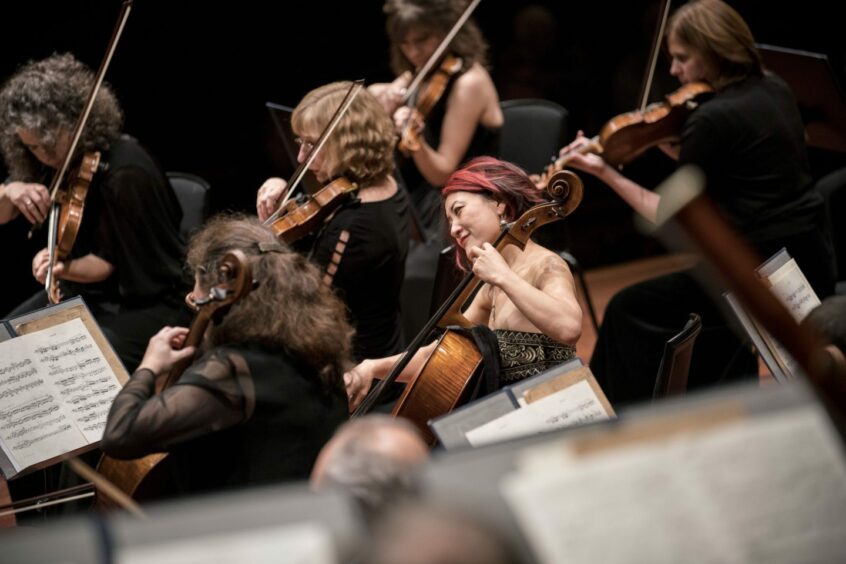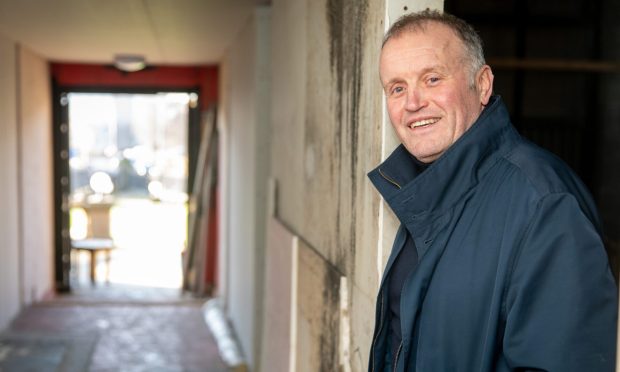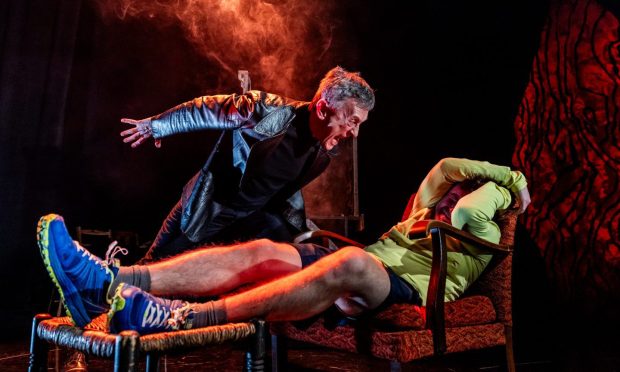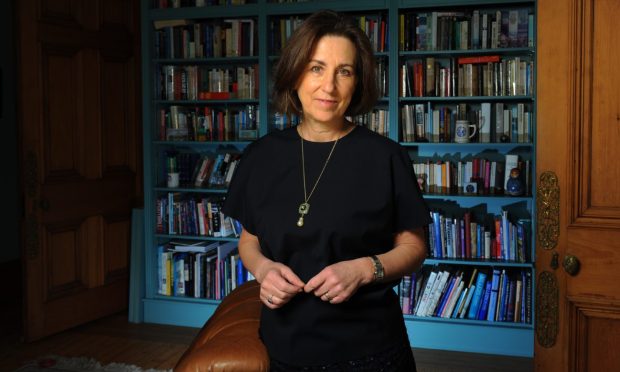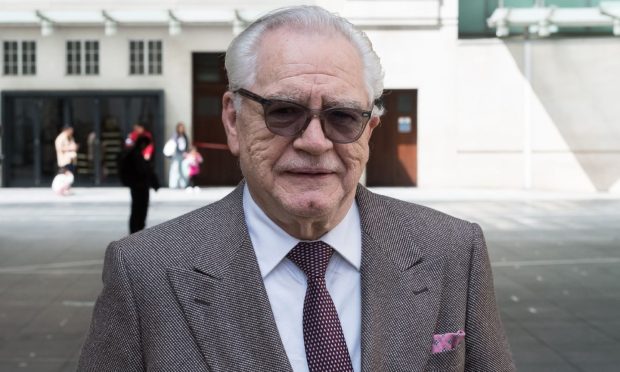The Scottish Chamber Orchestra opened its new season with a fascinating concert of quite superb quality.
Its young conductor Maxim Emelyanychev revealed his great versatility, and a packed and enthusiastic house was ensured with the presence of Nicola Benedetti as soloist.
The programme was a varied one, with an orchestral masterpiece from the end of the 19th Century and another from the end of the 20th.
The Chairman Dances
The centrepiece was a new violin concerto of astonishing quality, receiving its very first performance.
The evening opened with The Chairman Dances, the man in question being none other that the Chinese tyrant Chairman Mao, who, reputation has it, was quite nifty on his pins, and particularly keen on the Foxtrot.
The composer, John Adams, is now in his mid-70s, but this piece, associated with his popular opera Nixon in China, is full of youthful high spirits.
It begins with a short burst of the repetitive minimalism he used early in his career, but that is quickly thrown aside to reveal a far more interesting technician. It is beautifully orchestrated and full of interesting detail.
The new concerto was the second Violin Concerto by Sir James MacMillan, now at his compositional peak.
Beautiful sequences of lyricism
The work is full of interest, with particularly beautiful sequences of lyricism that places the work in a line of succession from the great 20th Century concertos of Prokofiev, Berg, Britten and Shostakovich.
The orchestration ranged from hints of Wagnerian water music to birdsong, with elements of folk inspiration.
Nicola Benedetti was in her element and the audience lapped it up, with many rising to their feet at the end.
It is quite unusual to have the sense that a new work is going to be heard many times in future.
A sense of gratitude
As with her recent launching of the concerto by Wynton Marsalis, there is a sense of gratitude that she has the ability to launch new work with such conviction. The orchestra were completely committed to the work.
The Scottish Chamber Orchestra has, in recent seasons, been spreading its wings with ventures into the romantic symphonic repertoire.
Robin Ticciati, during his years in charge, led them into the realms of Schumann, Brahms and Berlioz.
What could be more natural, then, that with their new Russian conductor, they should take up the challenge of Tchaikovsky?
The Everest of his symphonies is the Sixth, known as the ‘Pathetique’, famous for its challenging position at the very end of his life, and therefore associated with the idea of imminent death.
A particular sound
Russian orchestras traditionally have a very particular sound world. It was fascinating to hear, and see, the way in which Maxim Emelyanychev imposed a real sense of Russianness on this band of players.
We are used to seeing violins split right and left with cellos in the middle. The novelty was for the double basses to be dead centre at the very back behind the woodwinds.
This augmented the growling of the deep brass, to the right, with horns clustered to the left.
With percussion to the right and the difference whipped up to produce all manner of interesting effects, this was a fascinating and delightful rendering of a familiar masterpiece.

